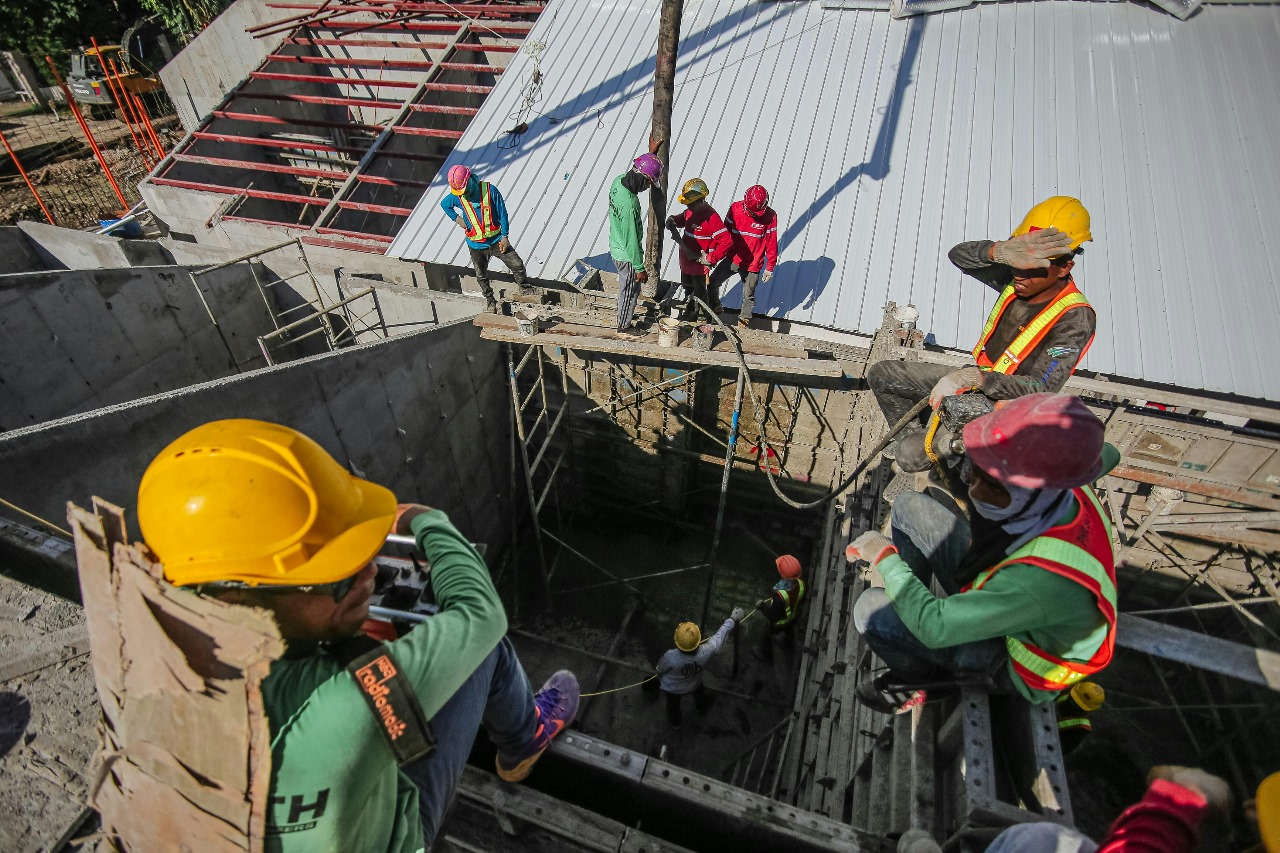In the construction industry, skill and experience are essential, but they’re not the only factors that determine success. Just as important is the ability to build strong professional relationships. Networking can open doors to new projects, mentorships, training opportunities, and leadership roles.
For anyone pursuing careers in construction, networking is more than exchanging business cards—it’s about creating lasting, mutually beneficial connections that can help you advance in the industry. Whether you’re an apprentice just starting out or a seasoned project manager, effective networking can set you apart from the competition and put you on the fast track to career growth.
This article explores why networking is vital in construction, how to build connections that matter, and actionable strategies to help you grow professionally.
Why Networking Matters in Careers in Construction
Opening the Door to Opportunities
Many of the best jobs in construction aren’t found on job boards—they’re offered through personal connections. Networking gives you access to projects, promotions, and partnerships you might never discover otherwise.
Learning from Experienced Professionals
By connecting with seasoned industry veterans, you gain insights, best practices, and tips that can only come from years of hands-on experience. These connections can guide you through challenges and help you make informed career decisions.
Building Your Reputation
Networking helps you establish a positive reputation in your community. In careers in construction, where trust and reliability are critical, being known as a dependable, skilled professional can lead to repeat business and referrals.
Start Networking Early in Your Career
Connect During Apprenticeships and Training
Your apprenticeship is more than a learning period—it’s your first major networking opportunity. Build relationships with trainers, fellow apprentices, and industry representatives.
Participate in Skills Competitions and Trade Events
Events like skills contests, sponsored by organizations such as Associated Builders and Contractors, bring together top talent and industry leaders, providing the perfect opportunity to showcase your skills and make contacts.
Attend Industry Events and Conferences
Local and National Gatherings
Industry events—whether local trade shows or national conferences—are prime opportunities to meet contractors, suppliers, project managers, and potential mentors.
Be Prepared to Make a Good Impression
Before attending, prepare a short introduction about your skills, current role, and career goals. Bring a few copies of your resume or digital portfolio if applicable.
Join Professional Organizations
The Value of Membership
Joining groups like Associated Builders and Contractors gives you access to networking events, job postings, training programs, and industry advocacy efforts.
Engage Beyond Attendance
Don’t just be a member on paper—volunteer for committees, participate in workshops, and contribute to group discussions. Active participation strengthens your visibility and credibility.
Build an Online Presence
LinkedIn for Construction Professionals
LinkedIn isn’t just for corporate roles—it’s an excellent platform for careers in construction. Create a complete profile showcasing your skills, certifications, and project experience.
Share Industry Content
Posting articles, project updates, or thought leadership content helps establish you as an engaged, knowledgeable professional. Engage with others’ posts to stay visible in your network.
Cultivate Relationships with Mentors
Finding the Right Mentor
Look for individuals with experience in your desired career path. A good mentor offers advice, introduces you to valuable contacts, and helps you navigate the industry’s challenges.
Give Back to the Relationship
Mentorship should be mutually beneficial. Show appreciation by assisting your mentor when possible—whether it’s helping on a project or sharing useful resources.
Leverage Job Sites as Networking Tools
More Than Job Listings
While job boards are often used for applications, they can also be networking hubs. Reach out to recruiters, HR managers, or company representatives to express interest and start a conversation.
Follow Up After Applications
Even if you don’t get a position, thank the hiring manager for their time and ask to stay connected. This can lead to future opportunities.
Stay Connected After the First Meeting
Follow-Up is Key
Networking doesn’t end when you meet someone—it’s about nurturing relationships over time. Send a quick email or LinkedIn message after meeting to thank them for their time and express interest in staying in touch.
Share Value, Don’t Just Ask for Favors
Send articles, updates, or relevant information that could benefit your contacts. Networking works best when it’s reciprocal.
Use Networking to Explore Specializations
Discover New Paths in Construction
Talking to industry professionals can reveal career paths you might not have considered—such as green building, heavy equipment operation, or construction technology.
Identify Skills in High Demand
Networking can give you insider knowledge on which certifications, tools, or specialties employers value most, allowing you to focus your training for maximum career benefit.
Associated Builders and Contractors: Your Networking Partner
Associated Builders and Contractors plays a pivotal role in helping professionals in careers in construction connect with industry leaders, training resources, and potential employers.
Through local chapter events, skills competitions, and advocacy work, ABC creates opportunities for members to form meaningful professional relationships that lead to career advancement.
Conclusion: Build Your Career by Building Your Network
Networking isn’t a one-time activity—it’s an ongoing process that can transform your career trajectory. In careers in construction, where trust, reliability, and proven skills are everything, the relationships you cultivate can be just as valuable as your technical expertise.
Start small: connect with peers during training, attend local industry events, and join professional organizations like Associated Builders and Contractors. Over time, these connections can open doors to opportunities you might never find on your own.
The construction industry is built on relationships. By investing time in your professional network, you’re not just building contacts—you’re building the foundation for long-term success.



